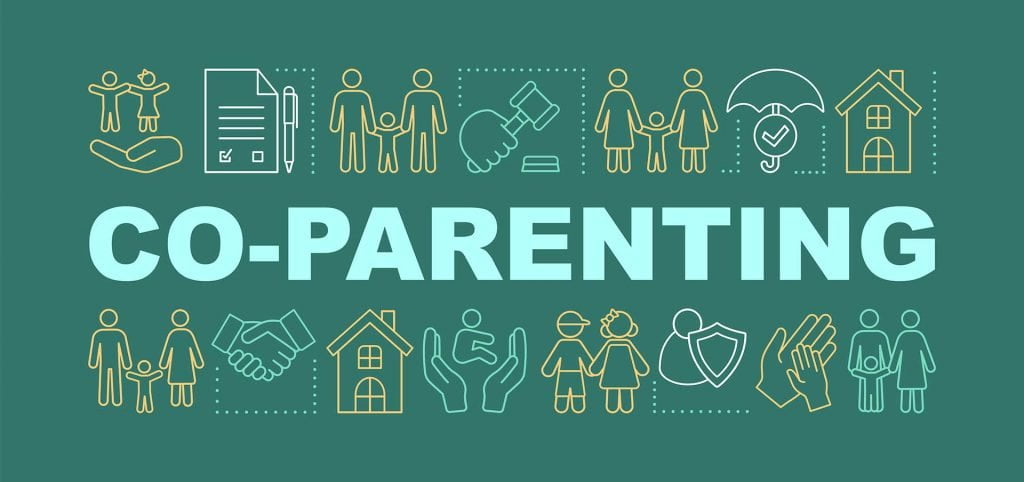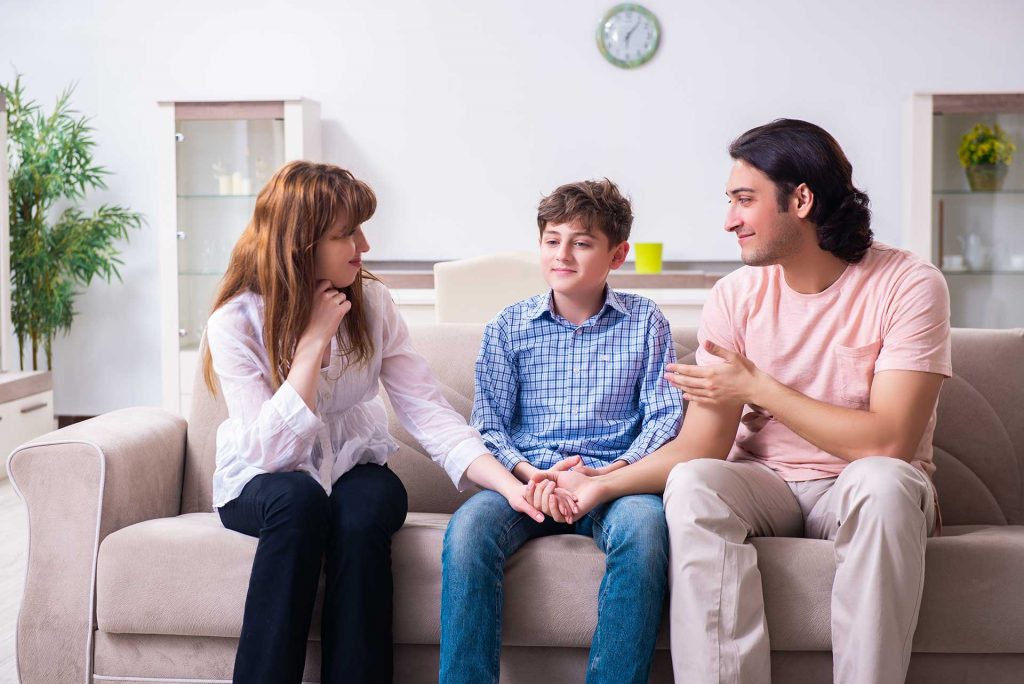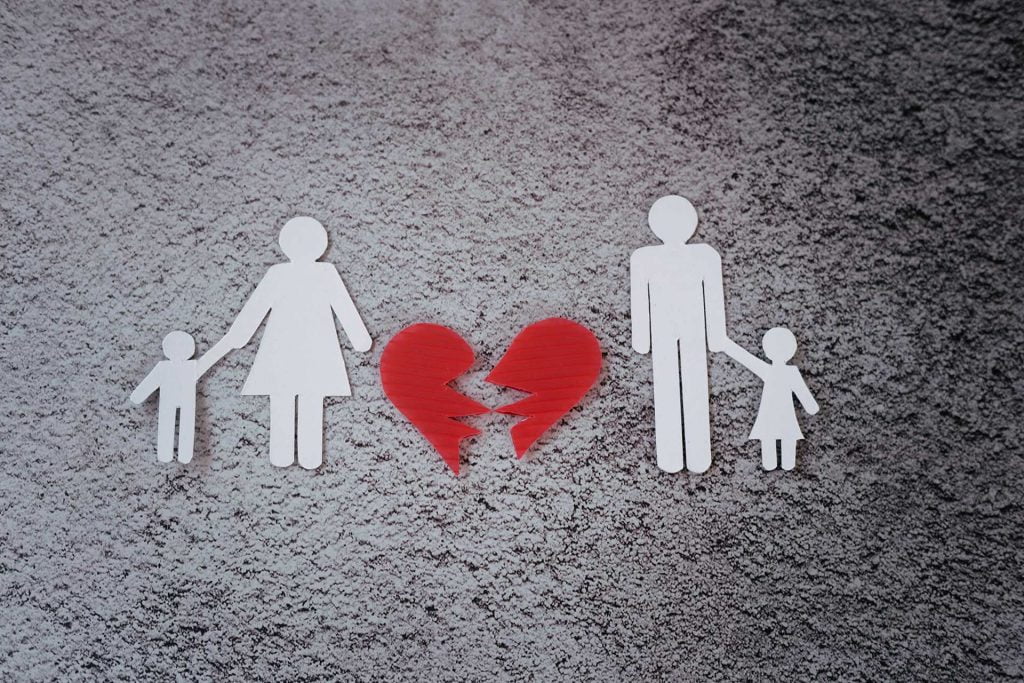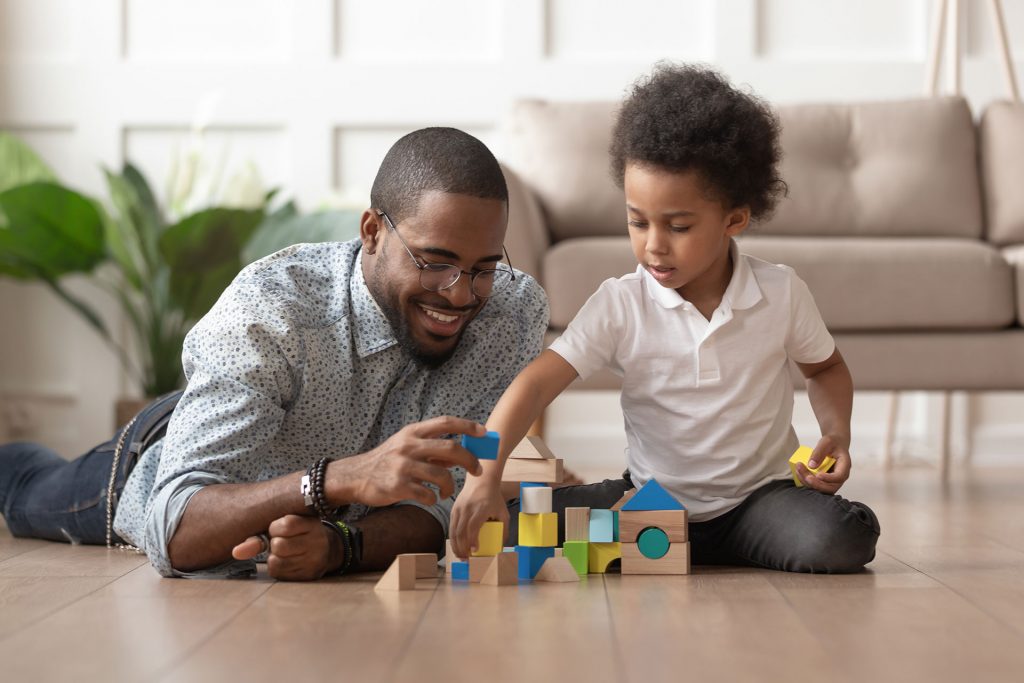No other single issue is more heated, emotionally charged, and important in the law than child custody matters. For decades, people have fought over their rights to obtain custody over the children when a relationship or marriage goes south. The help of an expert child custody attorney is necessary to protect your rights as a parent—congratulations on taking the first step toward fighting for your children! Get your 100% free consultation now!
Get Child Custody Results!

An expert child custody lawyer, (as can be found by contacting our team), will explain to you that gone are the days of simply granting mother custody over the kids–now, most jurisdictions across the United States follow the “best interests of the child” standard, whereby the court takes into account literally dozens of factors to determine where the child or children should reside as their primary residence and which parent should make important decisions in the child’s life such as educational, religious, and medical decisions. An experienced family law lawyer fighting on your behalf will explain the details of your case with the care, confidentiality, and compassion that you and your family deserve, and only an expert can tell you what your chances of winning are.
Important Factors Taken Into Account for Child Custody
- The preferences of the child (normally only if over age 13 and mature)
- The wishes of the parents
- The mental and physical health of all parties involved
- How the child adjusts to his/her environment in school, home or the community
- History of violence by either of the parents
- The relationship between the child and each parent
- The home environment each parent can provide for the child
- The recommendation by an expert witness
By no means is this a complete list or necessarily the order of most importance, but this is a list of special considerations that should be taken into account. Family law judges will weight each of these factors, and many more, to determine what they believe is in the child’s best interest. Remember, this is not necessarily what either parent wants, it is what the judge believes is the best outcome for the child to have the best possible upbringing. Only an experienced child custody attorney can advise you as to what your personal situation means when applying these factors to your case.
Child Custody Help: What is Joint Custody vs. Sole Custody?
An experienced child custody attorney will explain the details of exactly what the difference is between joint custody and sole custody—but here is a basic primer. In most cases, joint custody is based on the courts belief that encouraging parents to work together for the best interests of the child is of utmost importance in developing a healthy relationship with both parents and the child, whereas an award of sole custody to one parent is because the court does not believe the parties can cooperate well enough to work together for the child.
Joint Custody
Joint custody means that both parents share the responsibilities of the children and should work together to approve any major decisions related to the children’s lives. For this reason, most courts encourage joint custody, whereby one parent is still the custodial parent (where the child lives most of the time, sometimes called the “residential parent”) and the other parent is the noncustodial parent (the parent with whom the child has visitation with on a regular basis, sometimes called the “nonresidential parent”). The reason is straightforward and simple—having both parents in a child’s life is important for literally dozens of reasons to help a child grow up with positive influences from both parents. Judges look specifically to how the parents interact with each other in making a joint custody decision.
Sole Custody
Sole custody of a child, which is granted in some situations, is where the primary care giver (custodial parent) does not need to work with the other parent to develop plans of how the child should be raised or to make big decisions on medical procedures or little decisions such as after school activities. However, many courts are now moving towards allowing the non-custodial parent certain rights regarding serious medical procedures and extreme sports. An award of sole custody to the other parent does not mean that a noncustodial parent will be in the dark about their child. Quite to the contrary, both parents are normally still granted equal rights to school functions, medical information, school information, and the ability and right to to spend quality parenting time (also called “visitation) with their child. Sole custody does not mean your rights have been taken away – it normally just means that you and the other parent cannot work together to co-parent.
Get Started Fighting for Your Rights Today!
Hiring an expert child custody attorney that will fight for you on issues of sole custody, joint custody, or a child custody modification is essential to protecting your rights an ensuring that your family is cared for in the way that they deserve. Contact us now by filling out the form on this page and get started with your 100% free consultation. What are you waiting for—the most important thing your life—your children—are depending on you to fight for them! Get the child custody help you deserve!
How To Keep What Is In The Best Interest Of The Child In A Custody Case
Making sure that the “best interests of the child” in a custody case is met is a family law courts first and top priority. This means that various aspects of your life may be investigated and that outside parties may be brought in to make a recommendation as to what truly is in the child’s best interests. The court can utilize various procedures to make this determination, such as:
- Appointing a Guardian ad Litem – A guardian ad litem (or child representative, also known as a ‘GAL’) is essentially an attorney that is appointed by the court to represent the children. This means that they do not represent either parent, but only the child. A guardian ad litem’s job involves a lot of interviewing and investigative work. Typically, they will meet with the children and, depending on their age, interview them by asking questions about what they like to do for fun, classes they like in school, and what they do with each parent for fun. The guardian ad litem will the typically interview each of the parents, in their respective homes, so that they can view the home life the child would have should one be granted primary residential custody. It is normal for the guardian ad litem in a child custody case to also interview relatives of each parent, school teachers, and neighbors. The final job of a guardian ad litem is to then draft a detailed report and present it to the judge making a recommendation as to which parent should receive custody based on their recommendation. Judges follow guardian ad litem’s recommendations roughly 90% of the time – so making sure this person gets a good image of you is essential.
- Home Study – A court can order what is known as a “home study” of both or either parents home. The court will appoint either a guardian ad litem or other county official to to make a random stop at each parents home to see what the home environment is for the child. This is usually somewhat on the spot – meaning the individual performing the home study will give an hour or two ours notice and then show up at the home. A home that is dirty, has no food in the fridge or cabinets, or does not have adequate sleeping arrangements can result in a bad report being written about that particular parent and presented to the judge.
- Mediation – The court can order both parties to attend either county sponsored or private mediation in an effort to work out a custody arrangement on an amicable basis. Normally, many judges will order parents to first attend mediation in an effort to find common ground before taking any other steps. A mediator, normally an attorney or counselor, will allow both parties to tell their story in an informal setting and will then attempt to reconcile the competing parental interests by finding common ground and helping the parents negotiate an agreement. Mediation is a surprisingly effective means of working out child custody disputes as it allows parents to receive the counseling and support they need through an independent person that comes to the situation completely unbiased.
What is in a Courts Final Child Custody Decision?
Normally, if the parties have not been able to reach agreement on child custody through mediation or other means, the judge has no choice but to have the parents present for a formal hearing or child custody trial. At trial, it is typical for hours of questions to be asked of each parent so that the court knows the parties good and their bad. Guardian ad litems may be called to testify and home study reports may be made a part of the record of evidence. Witnesses such as relatives, neighbors, teachers, and coaches may all testify on behalf of either parent. In the end, a judge makes the final decision on where the child will live and which parent will have visitation and how frequently. Typically, when cases are contested enough to go all the way to trial, a judge will order one parent to have sole custody and the other to have frequent and regular visitation.
A typical visitation schedule would be something like this:
- “Every other weekend from Friday at 5:00pm until Sunday at 5:00pm; plus every Wednesday night from after school until 8:00pm. Alternating holidays where one parent gets even years and the other gets odd years, alternating school breaks, and an even splitting of summer vacation.”
Of course, just because this is a typical child custody and visitation order, does not mean that it is the only available option. Judges can award joint custody that may even be shared residential custody. shared residential custody would be a situation where both parents live in close proximity to each other and they have the child live with them 50% of the time.
A typical schedule of shared residential custody would be something like this:
- “The minor child shall reside with Parent A for one week and Parent B the next week.” or “The minor child shall reside with Parent A beginning on January 1st and Parent B on February 1st, and alternating monthly thereafter.”
If You Lose Custody, Do Not Give Up Hope!
A parent that loses the child custody ruling they had hoped for can feel deep sorrow and have a real sense of loss. But despair is the worst thing a person can feel when this happens. Both parents are still granted visitation time and the right to attend school, sport, and other extracurricular functions with their child. And in this day and age, there is no reason why either parent can’t speak to their child via video chat on a daily basis either! Giving up hope is not an option – carrying on and being present for the times you are with your child is of utmost importance. Of course, the fear of losing your child custody case is exactly why hiring an expert child custody attorney is the most important step you can make when fighting for your child! Let us connect you, for a free evaluation with a child custody professional that can help!
Child Custody State Help and Information
Latest Child Custody Posts
What Affects Child Custody Decisions?
Last Updated: December 19, 2022 Many factors go into child custody decisions and knowing what…
Divorce Lawyers Help You Get Joint Custody in Divorce
Last Updated: December 8, 2022 If you are granted joint custody in your divorce, this…
Fighting for Child Custody!
Last Updated: November 23, 2022 A child custody battle is not a pleasant situation for anyone…
Getting Legal Help in a Child Custody Battle
A judge considers the ability of each parent to support the relationship of the children…
Can I Get Custody in a Divorce if the Kids Are Gone?
Last Updated: August 17, 2022 It can be difficult to get custody in a divorce,…
Child Custody During Divorce
Last Updated on April 17, 2024 @ 7:34 pm Spouses must deal with many issues when they get divorced but…






